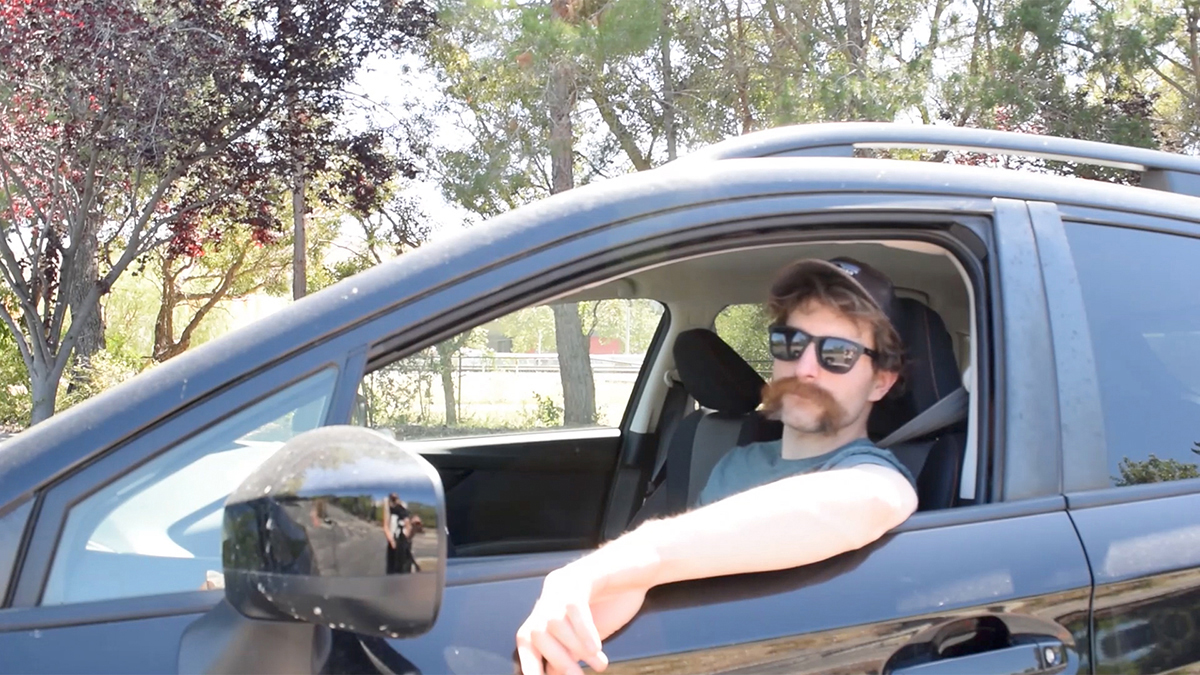Associate professor produces educational video series
By Carrie Click
Do the benefits outweigh the harm of global positioning systems and other tracking devices? Dr. Dara Seidl, Colorado Mountain College associate professor of geographic information systems, recently completed a yearlong fellowship with the American Geographical Society, to study privacy issues. Her findings are now framed in an eight-part series of short educational videos.

The AGS initiated the EthicalGEO Fellowship in September 2019. Seidl, who joined CMC’s faculty last fall after earning her doctorate jointly from San Diego State University and the University of California at Santa Barbara, was one of seven fellows selected from academia, government and business to conduct research and fieldwork on how geographic systems are used in collecting location data, both nationally and worldwide.
Seidl created the Geoprivacy Video Series, a resource for educators teaching ethical issues related to collection of location data. Her videos cover topics from the potential to falsely identify crime suspects to using GPS data to track shopping and dining habits of private citizens.
Each video link contains a short film and a PDF of activities, articles and discussion points that high school and college instructors are using to enrich their conversations about data privacy.
Spoiler alert
Although Seidl’s AGS project concerns serious ethical issues, the videos are also entertaining.

In “License Plates,” she illustrates how repossession companies use what are called “spotters” to drive around neighborhoods with specially equipped vehicles. The spotter photographs and runs data searches on license plates to identify vehicles whose owners have defaulted on their car loans.
In the video, Seidl is riding shotgun with a spotter, who is incognito behind a giant horseshoe moustache, baseball cap and sunglasses. Seidl is off-camera filming and interviewing him, though the interchange between them is tense. He is brusque and guarded. However, Seidl said she never felt threatened.
“Oh no, he’s my fiancé,” she said with a laugh. Seidl recruited Kyle Walsh and other volunteers to act in the videos; Walsh also lent his acting chops in another of the videos, “The Bicycle Thief.”
Besides using the videos in the GIS courses she teaches at CMC Leadville, CMC Steamboat Springs and CMC Spring Valley at Glenwood Springs, Seidl is working on a distribution plan to share the videos with more campuses, colleges, universities and high schools.
“In the past 10 years, our capacity to collect and store data has grown exponentially,” she said. “Privacy protection and human rights are topics for discussion. These videos can give us an opportunity to acknowledge that this is going on and talk about it.”
See Seidl’s faculty page to see her eight-part Geoprivacy Video Series.
